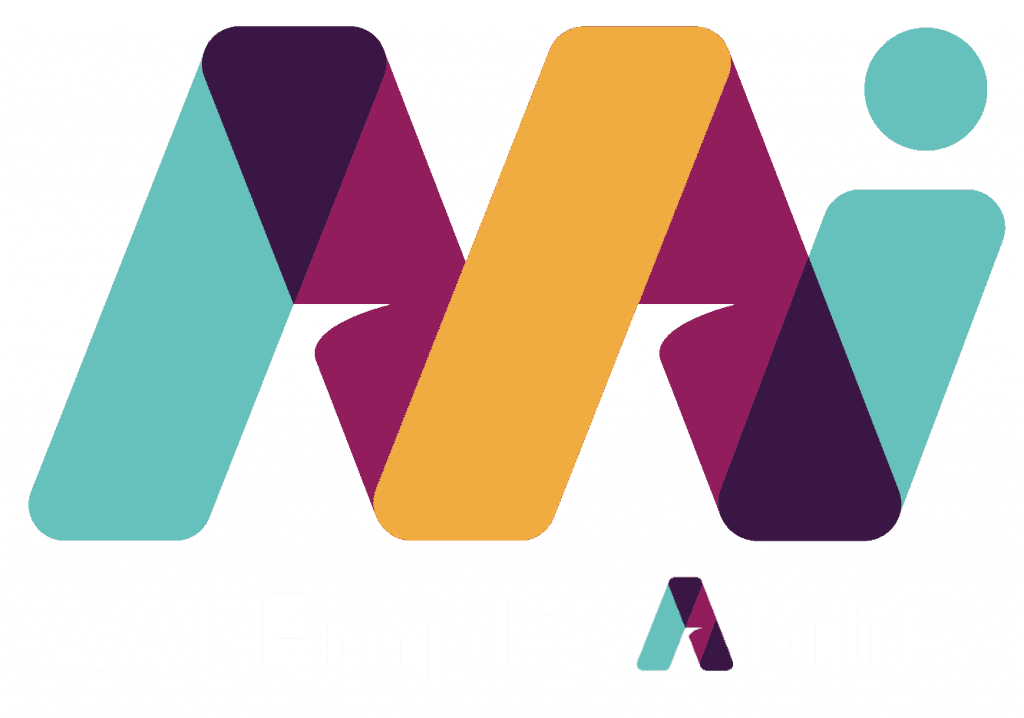Stress at work is among the most common problems that employees experience and yet it can be really difficult to identify and deal with. It may affect your productivity, your interest in your work and your ability to concentrate. The effects from stress aren’t always limited to inside the work environment however; they often affect one’s life outside work, with examples of symptoms being irritation, having trouble sleeping and overthinking work problems. Here are some ideas on how to cope with stress.
Identify the source of the stress
If you feel stressed or burned out, don’t ignore it; apart from affecting your work, it could potentially – and most importantly – also affect your health.
It is not always easy to make clear evaluations of your situation if you are stressed out. Take some time for yourself and try to find the root of the problem. Some common causes are:
• Working long hours and/or having a heavy workload
• Lack of support from your line manager or colleagues
• Threat of redundancy
• Unrealistic performance expectations
• Unrealistic deadlines
Talk to your manager
Simply talking to another person has the potential to reduce your stress levels. But talking to your manager specifically, may not only make you feel better, but can provide with an opportunity to ask them for some practical advice that might help. You might be able to have a conversation about setting more realistic goals. It is very important to get the support you need, and it is in your employer’s interests too that your line manager fulfills their duty by offering appropriate support when needed.
Schedule your day before you start working
Knowing in advance what tasks you have lined up for the next day will help you evaluate your workload better and have a structure that you can follow. Set realistic deadlines and even review the deadlines which are set already. Try to avoid scheduling all of your tasks in one day, but instead spread them evenly throughout the week, making sure that you have some time each day allocated to deal with anything urgent that comes up.
Prioritise
Learn to identify which task is more important and put it at the top of your list. In order to do that it is important to be able to identify your role and the company’s main purposes and needs. There are relevant applications that can provide useful tools to prioritise effectively, scheduling tasks marked for priority, and sending you reminders to your computer or other devices.
Eliminate procrastination and distraction
Sticking to your schedule means that you will be able to tick completed tasks off your list and not worry about them anymore. Procrastinating may seem appealing in the moment, but if it affects your workload it has the potential to increase your stress levels in the long run.
Sometimes, however, it is not procrastination that pushes back your workload, but distraction. Try to create an environment in which you will feel comfortable and will be able to concentrate easily. You may have to mute the notifications from the software that are you using or your emails for some time or ask your colleagues to not talk to you for a while. Keeping your desk clear and even listening to your favourite music using headphones may also help.


